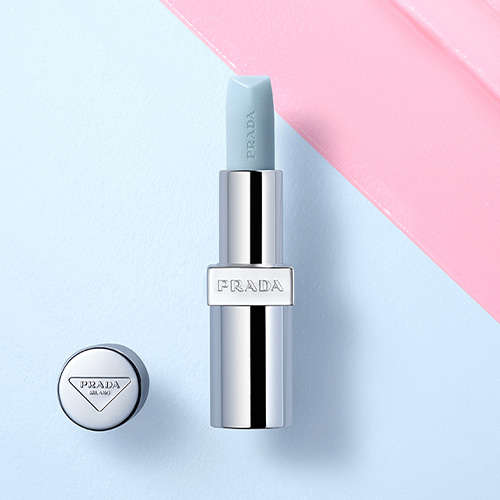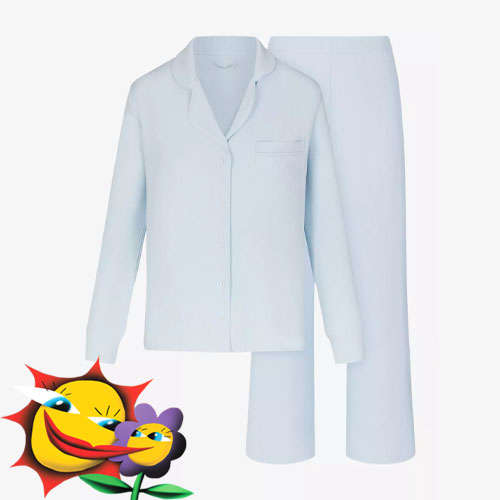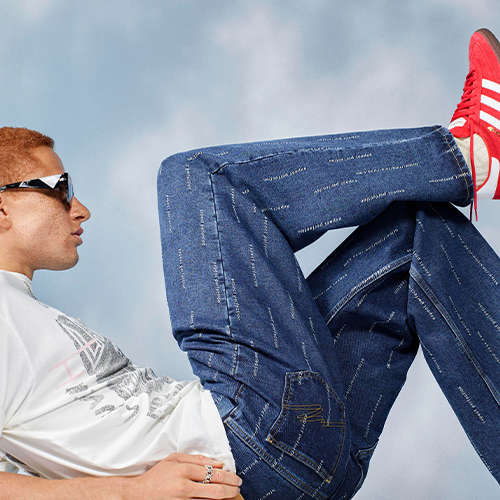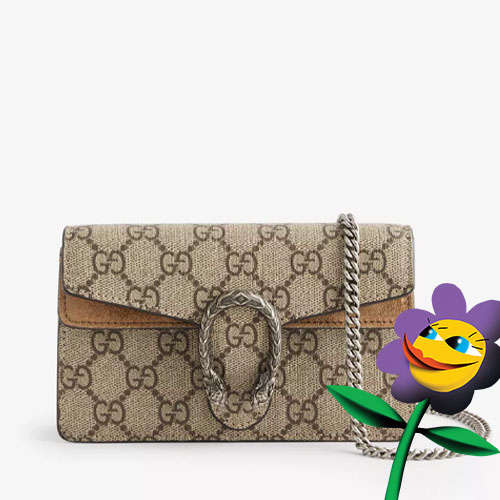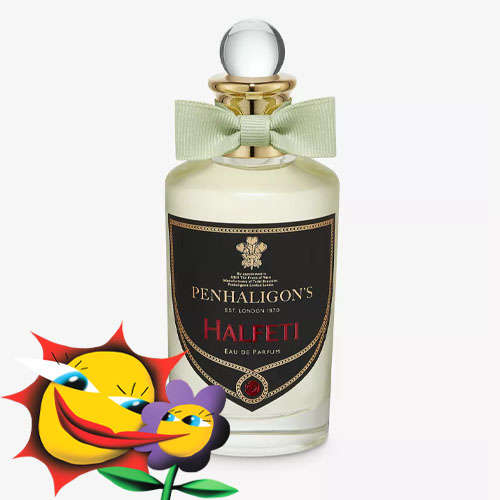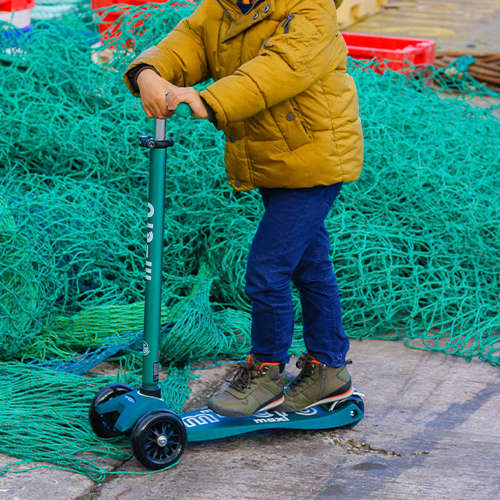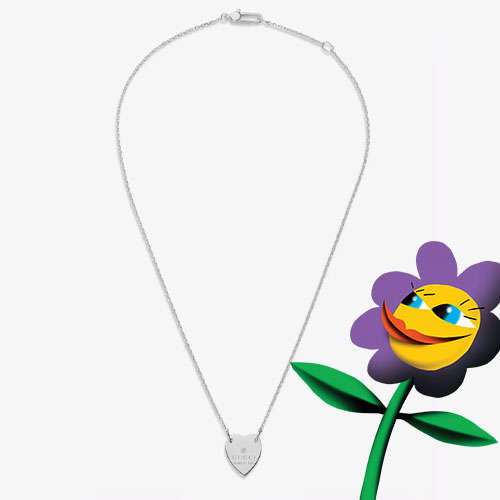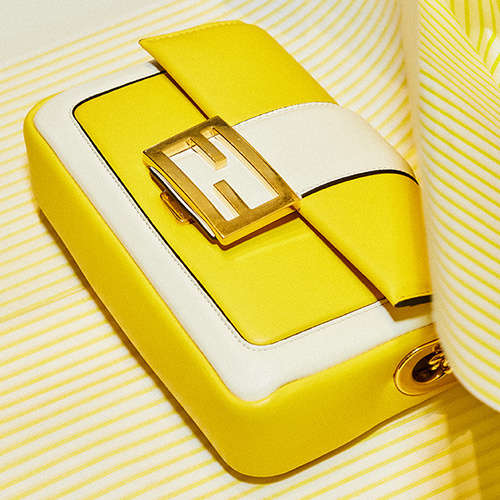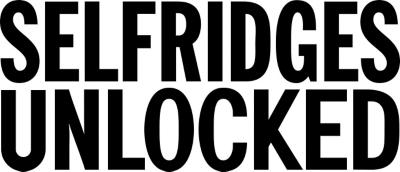- Australia / AUD $
- Canada / CAD $
- China / CNY ¥
- France / EUR €
- Germany / EUR €
- Hong Kong SAR China / HKD $
- Ireland / EUR €
- Italy / EUR €
- Japan / YEN ¥
- Kuwait / USD $
- Macao SAR China / HKD $
- Netherlands / EUR €
- Qatar / USD $
- Saudi Arabia / USD $
- Singapore / SGD $
- South Korea / KRW ₩
- Spain / EUR €
- Taiwan / TWD $
- United Arab Emirates / USD $
- United Kingdom / GBP £
- United States / USD $
- Not yours? Read more
BUYING BETTER, INSPIRING CHANGE

We believe that together, through our daily actions, we can create a more sustainable future for people and the planet. That's why we're committed to buying better and inspiring change, so you can do the same.
Here you can find out all about what we have achieved so far and our ambitious aims for the future.
more sustainable.
The story so far
Project Ocean
Find out about our long-term campaign to help protect our precious oceans from over-fishing and plastic pollution.
Our Products & Partners
Discover how to make your style more sustainable with our handy product edits and insider tips.
The Way We Work
Read all about our policies and plans for the future, whether it's the way we buy, sell, work, ship or build.
INSPIRING CHANGE: OUR PEOPLE
Our team members are at the heart of the way we do business and it is their talent and skills which takes us from ordinary to extraordinary.
We recognise that engaged people deliver great customer service and better performance, which is why our People Vision is: "To be the destination for the most extraordinary people experience".
Our People Vision is underpinned by our Values, which were co-created with our team members and inform how we work.
WE OWN CUSTOMER EXPERIENCE
We have shaped our sustainability strategy by exploring global social and environmental trends and listening to feedback from our customers, our team members and our partners about what matters to them. We understand the value of talking, listening and taking action.
We know from the results of our annual team member opinion survey how important being a responsible and sustainable business is to making Selfridges a great place to work. Through our iconic campaigns and collaborations over the years, we have been able to engage team members and shine the spotlight on some important causes.
Engaged teams are key to delivering an extraordinary customer experience, which is why we seek to constantly inform, involve and inspire our people.
WE LEAD AND INSPIRE
We seek to lead the way in sustainability in luxury retail and are working with team members across our business to make sustainability a core part of both what we do, and how we do it.
Each area of our business has its own sustainability targets, sponsored by our executive team, and our ambition is to translate sustainability into our business strategy by growing our business hand in hand with growing our social and environmental value. We are talking about sustainability more than ever before at all levels of the organisation, from our on-boarding programme for new joiners to sustainability master classes, briefings and talks.
Sustainability is an increasing part of our learning and development offering too. Our ASPIRE programme provides a growing number of team members with clearer career development guidance, including a host of practical tools. For our Buyers and Merchandisers this involves working with The Centre for Sustainable Fashion and creating a Selfridges Ethical Trade Handbook for our Fashion and Food Buyers.
We also have our annual Senior Leaders Programme where participants explore their personal leadership values and consider how they can contribute to the sustainability agenda and play a more significant role in making our business more sustainable.
WE TAKE RESPONSIBILITY AND DELIVER
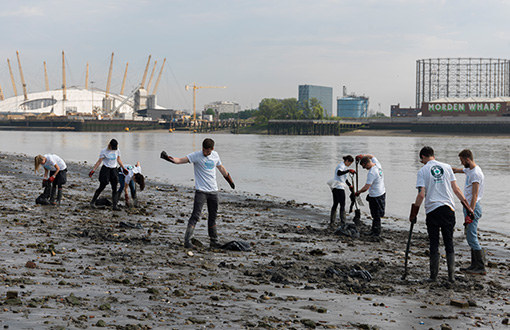
We work as one to make positive change happen and we take our responsibilities as sustainability champions very seriously. There are many examples of our team members across our business volunteering their time and achieving some amazing results.
In 2016 our Project Ocean campaign focused attention on plastic in our oceans. To support the campaign 70 team members from Selfridges Oxford Street helped to clear plastics from shores of the River Thames.
We were the first department store in the UK to be awarded the Carbon Trust Triple Standard Award and in 2016 we gained re-accreditation to The Carbon Trust for our work on energy saving and a reduction in our carbon footprint. With the support of all our people, we continue to work hard to reduce our energy and water usage and our levels of waste.
WE SHOW RESPECT
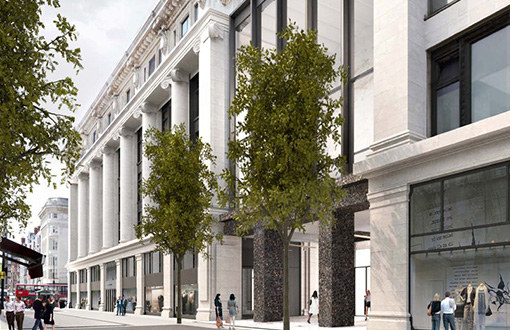
Showing respect and being considerate of those around us is a big part of who we are. When we build or carry out renovation works we show respect not only for the environment but our customers, our teams, our neighbours and our local community.
We are famous for our extraordinary shopping environments and want our work place spaces to be equally reflective of our brand. We are in the process of upgrading many of our team member environments from our recently refurbished team entrance to our brand new London offices. Whether we are running an existing building, installing a new shopfit or building an amazing new façade on Duke Street, we have the opportunity to be more sustainable and we set this expectation with our contractors and all brands involved in the Duke Street project. Our customers expect this and so do our teams.
WE SHARE OUR KNOWLEDGE
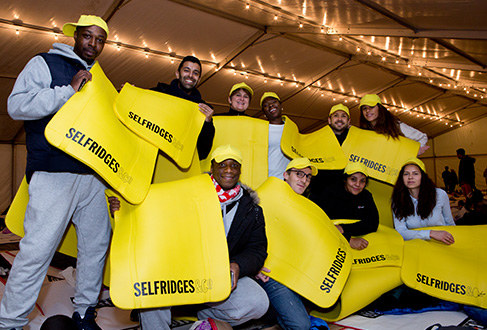
We believe that our success goes hand in hand with success for our local communities. So, we support and encourage our team members to share their skills and develop their learning by working with our community partners.
We have been collaborating with our volunteering and fundraising partners, including Zoological Society of London (ZSL), Marine Conservation Society (MCS), Blue Marine Foundation, Surfers Against Sewage (SAS) and Centrepoint over the past five years to fundraise, volunteer our time, deliver workshops and offer placements at Selfridges.
Each year, our team members support an employability skills workshop for young people in support of Centrepoint's Workwise programme, which is designed to improve unemployed youngsters' chance of getting a job over the Christmas period.
For the past three years, we have entered a Selfridges team into the Centrepoint Sleep Out to fundraise and raise awareness of homelessness.
We are proud of our talented teams and will continue to empower our people as well as encourage the sharing of knowledge, skills and expertise across our organisation and beyond.
OUR MODERN SLAVERY STATEMENT 2017/18
In 1909, our founder Harry Gordon Selfridge said that 'at the heart of our business philosophy is the human element'. Today, as a family owned business, our values and our people are at the core of everything we do.
Modern slavery and human trafficking goes completely against our belief in respecting people and their importance to our local and global communities. The increasing number of people trapped in some form of slavery is truly shocking, so we must work collectively to be aware of the risks, address them and eradicate slavery from our supply chains and our own organisations.
At Selfridges, we work with our brand partners and suppliers to mitigate the risk of these issues occurring in our supply chain through our Buying Better, Inspiring Change approach to sustainable business. Put simply, our team members know that they can report any concerns and that our management will respond to them.
Read the Selfridges Modern Slavery Statement 2017/18 in full here.
Read the Selfridges Modern Slavery Statement 2016/17 in full here.
BUYING BETTER: OUR PARTNERS
We focus on our partners because we know that by working as one we can co-create a step change in ethical trade across fashion, food and beauty.
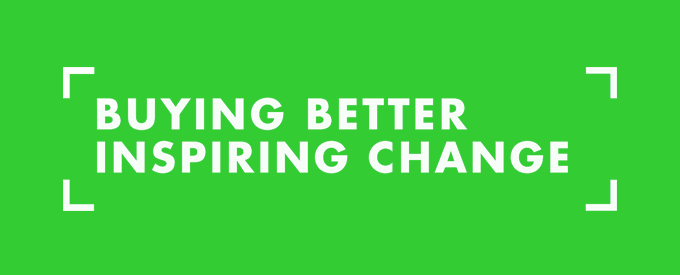
Our Ethical Trade Requirements underpin our approach to source with quality and deliver with care. We choose our concession partners carefully because it is important to us who represents Selfridges in our stores. We ask all our partners to share our sustainability vision by complying with our Ethical Trade Requirements.
Our approach falls under the three pillars of Helping You to Buy Better, Our Policy and Supply Chain Management.
HELPING YOU TO BUY BETTER
Our buyers work closely with our brands to bring you the best products where sustainability and style go hand in hand. To help tell the great stories that are out there, we are launching our new Buying Better labelling scheme with three initial categories: Cotton, Denim and British Makers.
COTTON:
THE PROBLEMS
The pesticides and insecticides used on cotton farms cause life-threatening poisoning among workers and wildlife.
THE SOLUTION
Organic cotton farming prohibits the use of all those harmful pesticides and insecticides, making cotton production healthier and more sustainable. Also, look out for brands that have signed up to the Better Cotton Initiative, working to implement better cotton farming standards globally. There are lots of different accreditations out there – but we found these the most relevant to our business and brand partners.
DENIM:
THE PROBLEMS
It can take up to 11,000 litres of water to produce the average pair of jeans – that's enough water to fill 138 average-sized bath tubs. 783 million people have no access to clean drinking water, yet an average pair of jeans is created with enough water to sustain a family of four for a month.
THE SOLUTION
With innovative new wash and finishing methods, denim brands are starting to turn the tide on wasteful water consumption and water pollution.
BRITISH MAKERS:
THE PROBLEMS
From its heyday, the British textile industry has faced a steep decline, meaning a loss of traditional skills and jobs. Wool fleeces now command such a low price that some farmers resort to burning or burying them and between 1979 and 2013 the number of jobs in the industry fell by 90%.
THE SOLUTION
We believe in supporting British manufacturing, celebrating our heritage and investing in our future. By using British textiles, brands can help to preserve these time-honoured skills and support communities. We define ‘British making’ as items made in the UK, or items made from British materials.
OUR POLICY:
Our commitment to ethical trade is underpinned by Selfridges' Ethical Trading Requirements which are legal requirements within the terms and conditions of doing business with us.
We want to ensure that products sold by Selfridges are produced under humane working conditions and with respect for workers and their human rights, that animals are treated and transported humanely and that suppliers minimise their impact on the environment.
We are proud not to sell foie gras or any fish that is red-rated by the MCS (Marine Conservation Society). We also have a strict policy on fur: we are proud not to stock or sell products containing real fur.
SUPPLIER MANAGEMENT:
As a convener of some of the world's best-known brands, we want to help our customers to make more informed sustainable choices. Early in 2014, we became members of SEDEX, the Supplier Ethical Data Exchange, a not-for-profit organisation dedicated to improving transparency and visibility in global supply chains.
Membership of SEDEX helps us work together with our suppliers to create a culture of transparency across our supply chain and to inform our buying decisions.
OUR MODERN SLAVERY STATEMENT 2017/18
In 1909, our founder Harry Gordon Selfridge said that 'at the heart of our business philosophy is the human element'. Today, as a family owned business, our values and our people are at the core of everything we do.
Modern slavery and human trafficking goes completely against our belief in respecting people and their importance to our local and global communities. The increasing number of people trapped in some form of slavery is truly shocking, so we must work collectively to be aware of the risks, address them and eradicate slavery from our supply chains and our own organisations.
At Selfridges, we work with our brand partners and suppliers to mitigate the risk of these issues occurring in our supply chain through our Buying Better, Inspiring Change approach to sustainable business. Put simply, our team members know that they can report any concerns and that our management will respond to them.
Read the Selfridges Modern Slavery Statement 2017/18 in full here.
Read the Selfridges Modern Slavery Statement 2016/17 in full here.
INSPIRING CHANGE: OUR BUSINESS
We focus on our business to improve our efficiency and reduce our impact because we know we can do more with less.
We understand that using natural resources wisely will help us to build a more resilient business for the future and that by working with our team members, partners, customers and communities we can continue to take action to help protect our environment and trade sustainably and ethically. We continue to reduce our direct impact year on year and encourage our suppliers and customers to do the same.
In 2014, Selfridges was the first department store in the UK to achieve The Carbon Trust Triple Standard, recognising ongoing achievements in reducing carbon emissions and water use, and an improvement in waste management.
In July 2016, we were reaccredited with The Carbon Trust Triple Standard and continue to work on their recommendations to improve our operation in these three areas. Read our Environmental Policy here.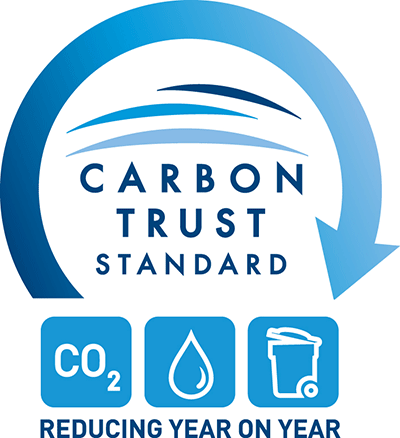
We have focused on a number of sustainability initiatives that have helped us to achieve this. These include innovative waste management solutions such as an aerobic food digester in the team member canteen, ensuring that food waste can be digested on site and turned into water, as well as redesigning all of our packaging to be recyclable or biodegradable. And since July 2014, our flagship store on Oxford Street has met our zero waste to landfill target.
In 2015 we set a target to reduce our carbon footprint 15% by 2020 and have made some significant progress against our targets:
- Establishing an Environmental and Health & Safety Steering Group to oversee direction and monitor progress against targets
- Establishing a working group with representatives from all key areas across the business working to minimise energy use, water and waste, use more sustainable materials and reduce our overall carbon footprint
- Retaining our Carbon Trust Triple Standard accreditation
- Reducing energy consumption through new chiller plants, new building management system controls and centralised electrics
- Guidelines issued to teams who will deliver our masterplans, detailing our use of sustainable timber, low formaldehyde MDF, building with future deconstruction and recycling in mind and using recycled materials in our schemes
- We've reduced our energy use particularly in our Oxford Street store, which is now using 10% less energy than in 2014
- On waste, we successfully recycle 40% of the 250 tonnes of waste generated each month by the business with a target of 50% to be achieved by the end of the year
- We continue our commitment to Zero waste to landfill
- We now also recycle our food waste which accounts for 15% of our total recycling
- We continue to minimise waste by launching the new Recycle Right campaign to team members
- We have an active community of 70 Green Warrior environmental champions from across our business
- Going forward, the challenge is greater than ever to be a more efficient and greener business
Our long-term carbon strategy is designed to inspire action from our team members and our customers and involve our partners and supply chain:
ENERGY
Our greatest operational impact is in our energy use.
We have improved efficiencies in this area, with improved LED lighting and chiller plant. Our target is to reduce carbon use by 15% by 2020
WASTE
We recycle plastic, glass, metal, paper and card in all our stores. In 2011, we set targets to reduce waste from construction activity to landfill. We currently recycle 40% of our waste and are targeting to increase this to 70% by 2020 and will maintain our zero waste to landfill policy.
We have partnered with waste contractor, Veolia Environmental Services, to consolidate all waste streams and achieve zero waste to landfill. Veolia is also supporting our internal engagement activity to encourage team members to reduce, reuse and recycle.
WATER
We believe responsible water use applies to conserving water and protecting water quality throughout our operation. Across our stores and offices, we focus on minimising our use of water and have implemented water saving initiatives such as upgrading toilet cisterns to be more water-efficient. We have also monitored and reduced leaks. We aim to reduce our absolute water use by 12% by 2020.
MATERIALS
We are using a range of sustainable materials when we build new displays throughout our stores. These include panels made from either waste straw or recycled paper that provides an eco-alternative to chipboard and plasterboard. This offers a 100% recycled and 0% waste solution. We plan carefully when we develop new displays so that we do more with less, making changes to a bigger area in one session rather than smaller constructions.
PACKAGING
From the making of our distinctive yellow bags to the little details such as the inks and varnishes we use, we work hard to make the right environmental choices across our packaging.
Paper
We haven’t used plastic bags since 2015, and in 2017 we launched a revolutionary new carrier bag. It looks exactly like the old one (and is still fully recyclable), but it now contains 20% upcycled coffee cups, while the other 80% is made from PEFC-certified paper. We continue to use FSC (Forest Stewardship Council) certified virgin paper for our bag range.
Our signature yellow paper is made by James Cropper PLC in Kendal, which follows strict environmental procedures and also pioneered this new cup-to-bag paper-making process.
All our bags feature the Carbon Trust logo which highlights our efforts to reduce our CO2 emissions since 2007. FSC and PEFC certifications also appear on all bags to raise awareness of our environmental achievements.
Card
Our gift boxes are made using 80% recycled greyboard or FSC sustainably sourced virgin artboard.
Ink & varnish
Where possible, only vegetable ink and water-based varnish is used for packaging. We continue to work with our printers and suppliers to offer sustainable options.
INSPIRING CHANGE: OUR CUSTOMERS AND COMMUNITIES
We focus on our customers and community to inform, involve and inspire action with those around us so we can work together to build a great future.
MATERIAL WORLD
In Spring 2017, we launched a scheme called Material World. The scheme examined sustainable textile development, with a keen eye on local and social stories. Who are the people behind the skills, be they handmade or technologically manufactured?
Material World was a new take on the 'Bright' series, as for the sixth year we discovered, elevated and supported emerging design talent who explore sustainability in the very materiality of their work. Each creative or brand was selected for their excellence in delivering sustainability in a specific material category, from cotton to cashmere.
BRIGHT NEW THINGS
Bright New Things was the third iteration of the Selfridges 'Brights' series, promoting designers who put sustainability at the heart of fashion; in 2016 we highlighted nine designers championing innovative new production methods that challenge raw material waste, fast fashion labour and environmental damage.
Selfridges Project Ocean is retail activism in action – a long-term partnership between Selfridges and The Zoological Society of London to protect our oceans. Now in its sixth year running, we share the story of how together we have triggered a sea change in the way we care for our oceans.


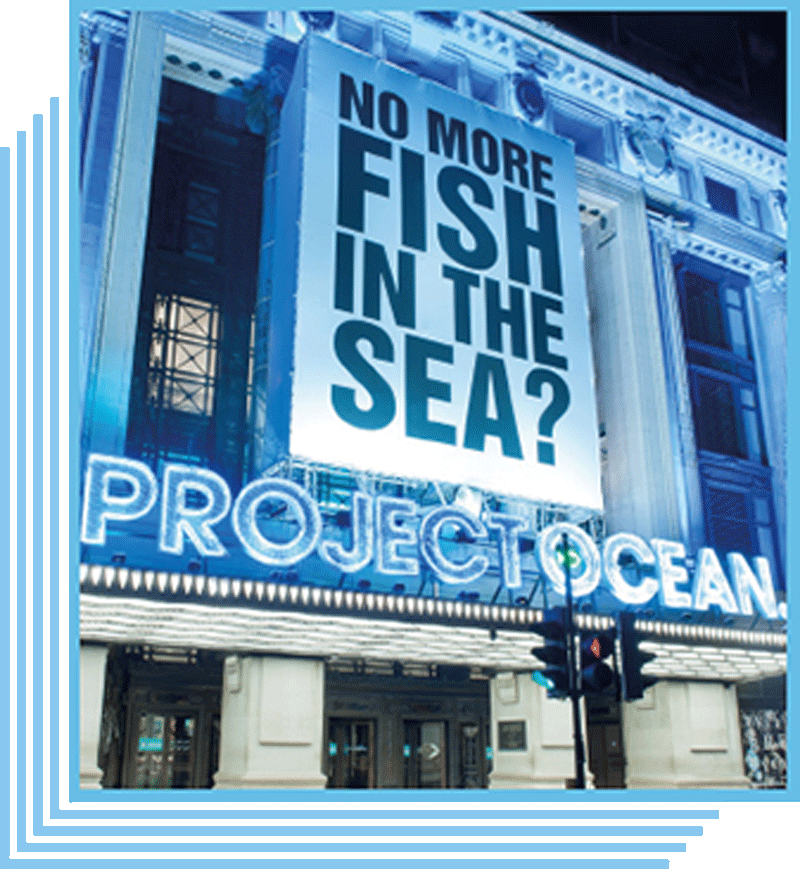
NO MORE FISH IN THE SEA
We launched Selfridges Project Ocean with a storewide takeover: from extraordinary food events to amazing window installations and limited edition T-shirts by Katherine Hamnett emblazoned with the slogan 'No More Fish in the Sea'.
We ensured only non-endangered fish are sold and served at Selfridges and began producing the fish guide, which helps customers to navigate away from endangered fish. Find out which fish you should take off your menu here.
We also helped to create the Marine Reserves Coalition and raised money to develop the 50-hectare Selfridges Marine Reserve in the Philippines.
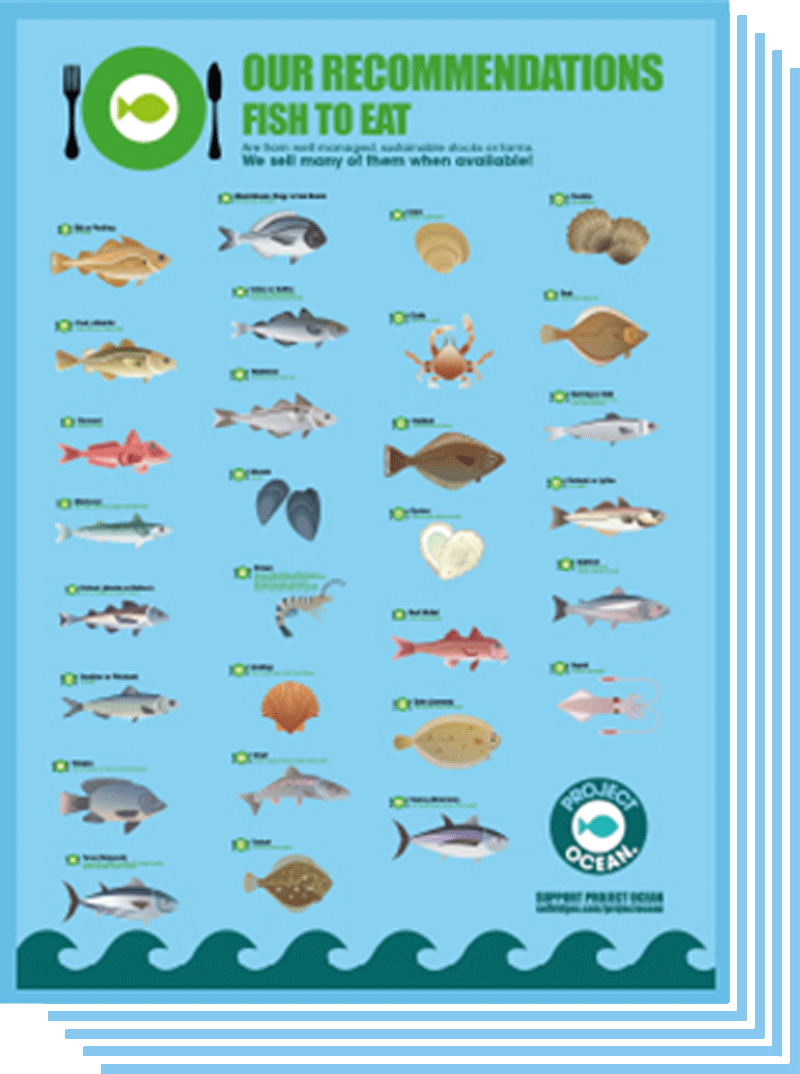
SPREADING THE WORD
Through the Marine Reserves Coalition, we published the first ever league table of nations with marine protected areas.
To engage a new generation of customers, we launched the Kids in The Kitchen Cook-Off, encouraging budding chefs to think about the fish they serve on their plates.
WE HAVE REMOVED ALL SINGLE-USE PLASTIC WATER BOTTLES FROM OUR FOOD HALLS AND RESTAURANTS, AMOUNTING TO APPROXIMATELY 400,000 BOTTLES A YEAR.
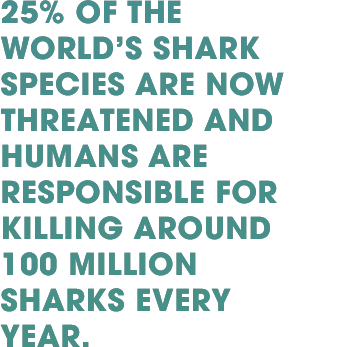
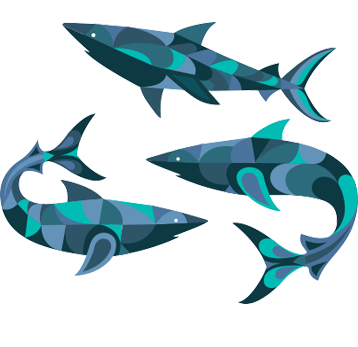
SAVE OUR SHARKS
In 2013 we bit back against stereotypes around sharks with the 'Save Our Sharks' exhibition, highlighting how important these toothy predators are to our oceans.
We are therefore committed to ensuring all products in our Beauty Hall are free from shark oil and shark by-products.
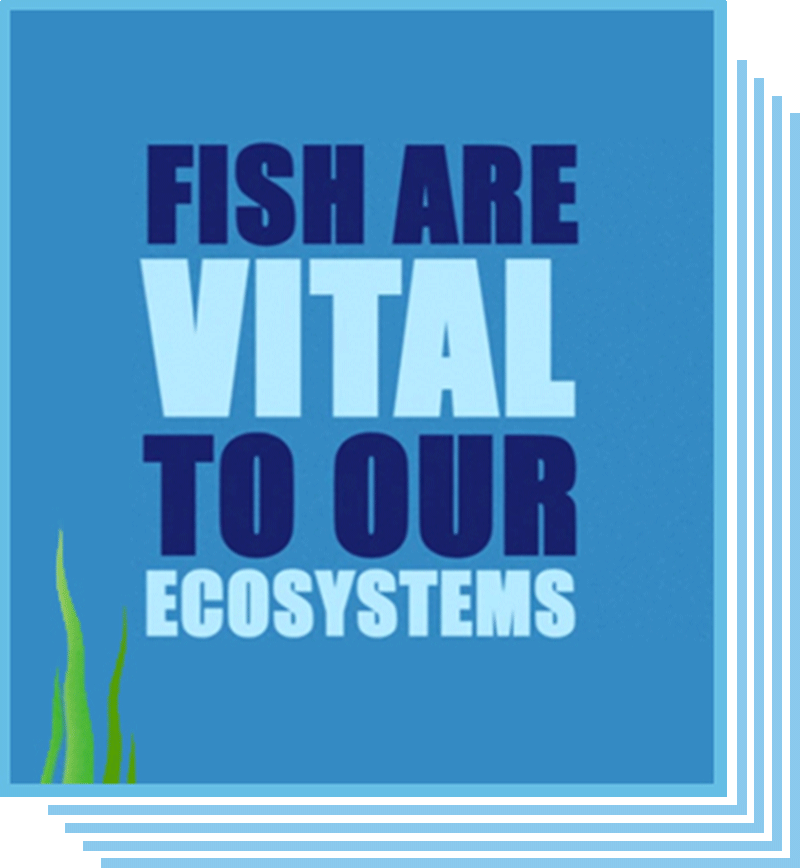
GOING GLOBAL
In 2014 Project Ocean took centre stage at the once-a-decade World Parks Congress in Sydney. A Zoological Society of London delegation spoke to a global audience of charities and government officials about the importance of Project Ocean in shifting consumer perceptions. Other successes included funding tiger shark tracking in the Western Indian Ocean and producing an engaging animation about the story of Project Ocean and our future aims.
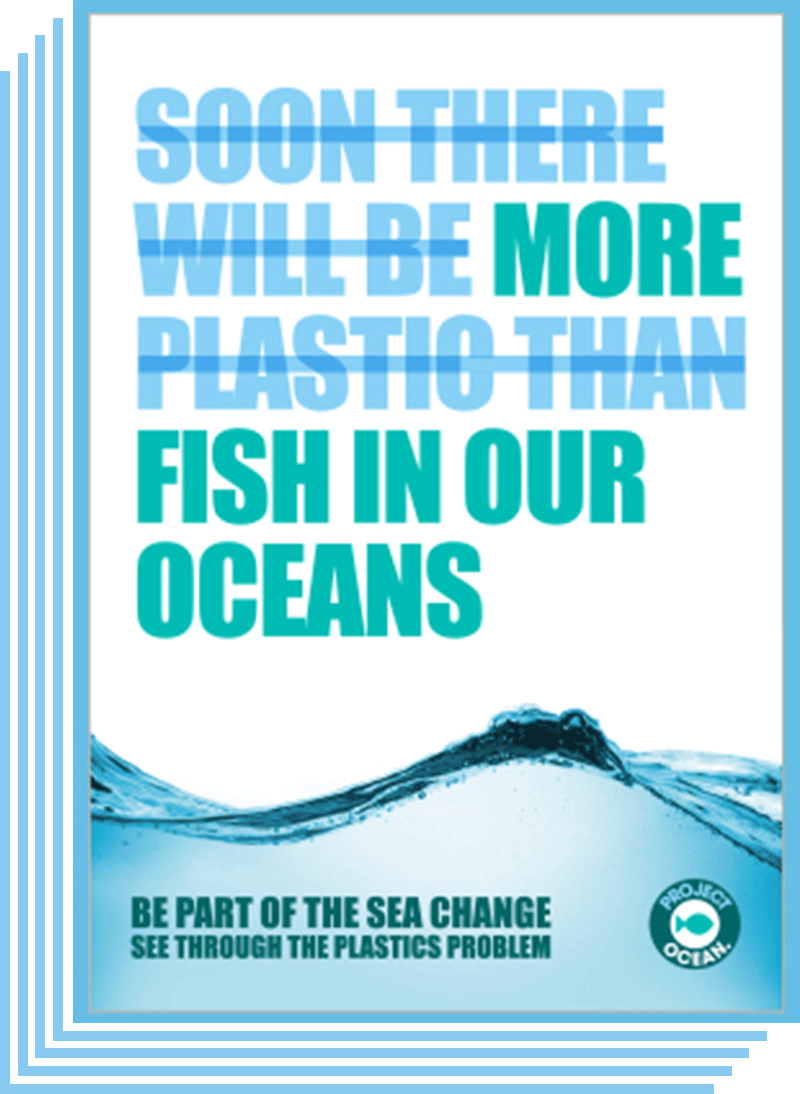
SEE THROUGH THE PLASTICS PROBLEM
We are committed to making a big difference with Selfridges Project Ocean – both now and in years to come.
In 2015 we highlighted the dangers of single use plastic, encouraging everyone to reduce, reuse and recycle plastics. 60-80% of all marine debris is plastic, which kills animals and breaks down into our food stream – so it's time we started to change the way we use plastics.
Here at Selfridges, we are removing all plastic carrier bags and all still and sparkling plastic water bottles from our store. Not afraid to get our hands dirty, Selfridges team members came together in June to clear plastics from shores of the Thames by Island Gardens.
We still have lots of work to do, but it's a step in the right direction.
#ONELESS AND
MICROBEAD FREE!
Building on the success of our 2015 campaign, 2016 was about taking Project Ocean to London through our partnership with ZSL and the #oneless campaign. Internally, we focused on further reducing plastics by going 100% microbead free, with all microbeads being removed from the business by the end of 2016.
For 2017, we have stopped selling all beauty products containing plastic microbeads in them and we continue to encourage other businesses and our customers to abandon the use of single-use plastic water bottles by supporting the #OneLess campaign.
We are also proud to announce that we have won two awards for Project Ocean: Partnership with a National Charity in the Better Society Network Awards and Partnership in the Community in the National CSR Awards.
Now in the eighth year of Project Ocean, we’ve removed all single-use plastic carbonated drinks bottles from our Foodhalls and restaurants. This is the latest in a series of initiatives to turn the tide on plastic pollution in our oceans, which also includes recycling coffee cups to help make our iconic yellow carrier bags.
YOU CAN FIND OUT MORE ABOUT PROJECT OCEAN HERE
Partnerships with Selfridges
As a high profile retailer, we are approached by many charities to support good causes, all deserving in their own right. Unfortunately we cannot support them all and we believe that by channelling our resources into long-term strategic partnerships, we can maximise our positive social and environmental impact.

